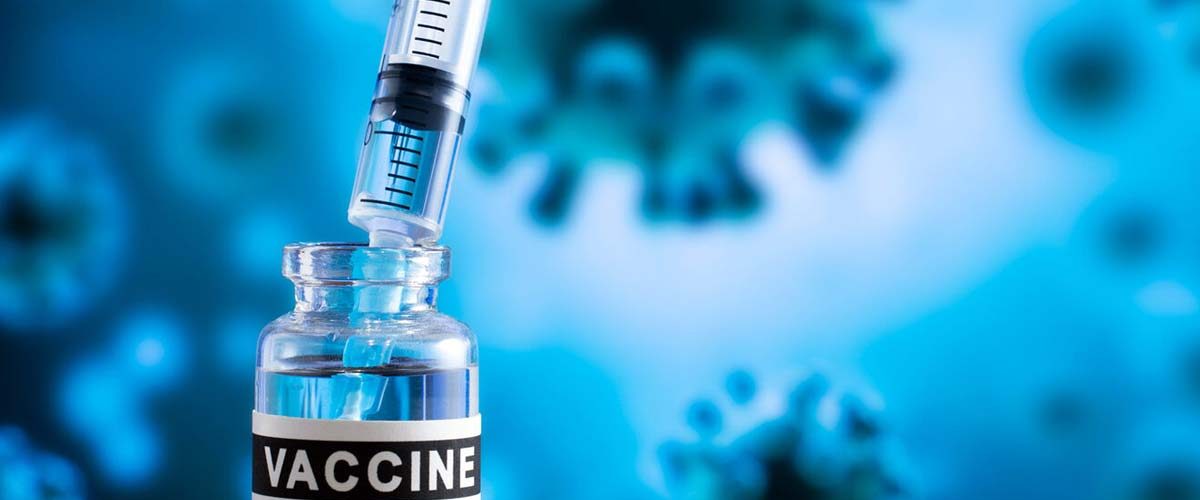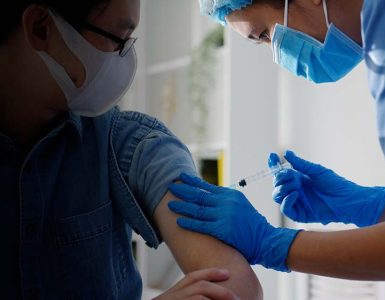Till April 2021, 86% of the COVID-19 vaccine has been delivered to high and upper-middle-income countries, whereas, only 0.1% of the total doses of vaccine has been dispatched to low-income countries, even though some 80% of the refugees and all internally displaced people are from low to middle-income nations.
A study published by Columbia University, School of Public Health has addressed the issue of disparity in access to COVID-19 vaccine, distinctly for refugee and displaced population. Addressing health inequities concerning access to the COVID-19 vaccine is imperative for an effective pandemic response. They identified the inequities in allocation and distribution of the vaccine, inspite that global leaders have stressed its importance for overcoming pandemic. Although nations worldwide are grappling with supply challenges of the vaccine, the marginalized group (refugees and internally displaced or stateless people) face, twice the burden of access.
Monette Zard, one of the authors of the study added that the decision about access to the vaccine should not be affected by the legal status of the person, because regularizations will delay the protective effects for refugees, migrants, and other high-risk groups. To access vaccines in the country with non-availability of vaccine, there is a risk that the population may move towards other countries that could heighten tensions and further exacerbate conflicts for the competition of scare COVID-19 vaccine.
The COVAX facility distributes 5% of its total vaccine doses to humanitarian uses like vaccinating refugees, still, 2 billion vaccine doses can only cover 20% of contributing countries by the end of 2021, whereas, poor countries could widely vaccinate their population not until 2023.
Zard said, “engage, listen and mobilize the trusted community and religious leaders, involving the community, including displacing population, in vaccine activities is vital”. To formulate an inclusive and equitable vaccine strategy, experience with a disease like HIV and TB, and previous global vaccination campaigns should be taken into consideration to build a stronger and fairer health system for efficient response to the COVID-19 pandemic and other future health emergencies.
This pandemic has proved to be one of the most arduous public health challenges. Our response will determine the course of this pandemic and better healthcare reforms will have a wide-range impact for years to come. The global pandemic should be an excellent opportunity for the policymakers worldwide to reinforce the healthcare system to a broader and sustainable form, better suited to respond to the global challenge of COVID-19, simultaneously addressing the all-inclusive healthcare needs of the host population and refugees.
Keywords:
COVID-19 vaccine, COVAX, pandemic response, health system, refugees, low-income countries.
















Add comment